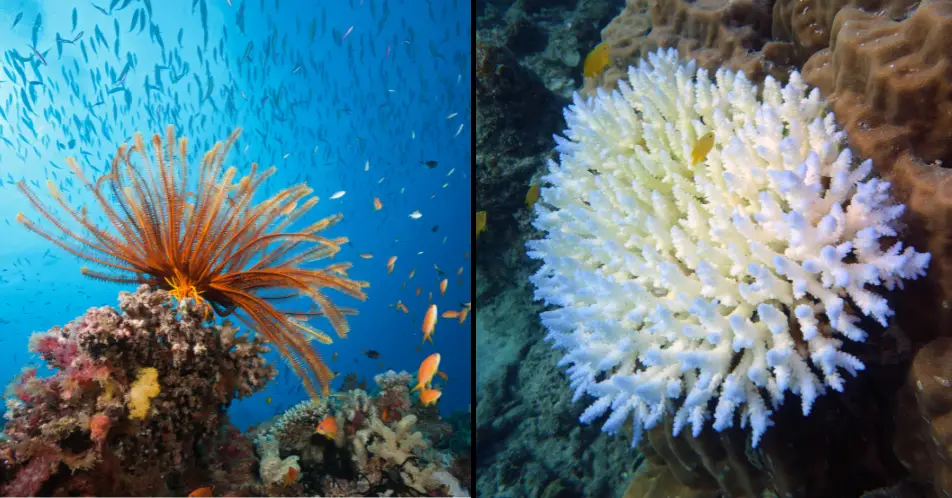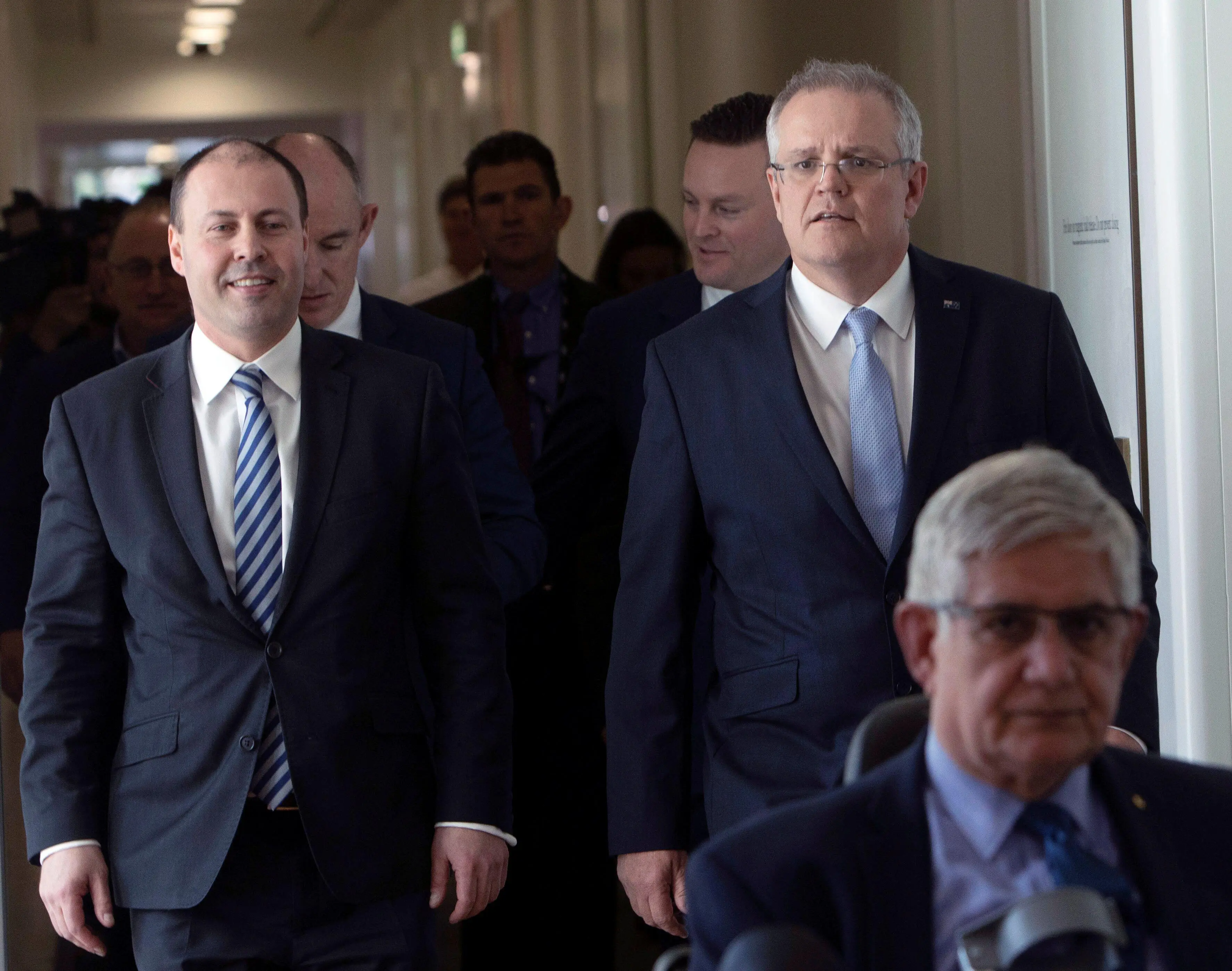
The Great Barrier Reef has suffered another devastating mass coral bleaching event for the fourth time in six years, according to new aerial surveys.
The surveillance found almost all reefs across a 1,200 km stretch have been damaged due to the warm sea temperatures.
This also marks the first time bleaching has occurred during a cooler La Niña year, leaving many worried about what will happen when the next El Niño hits.
Managing director of consultancy firm Reef Ecologic, Dr Adam Smith, shared with The Guardian that many staghorn corals showed alarming signs of discolouration, indicating immense damage to the ocean.
"The coral is basically starving," he said. "We've definitely just seen corals that are stressed and white.
"This is one of the healthiest reefs off Townsville and one of the best reefs on the whole Great Barrier Reef. So for these corals to be stressed and damaged ... well, it's likely it's the same at other reefs down here."
The first mass bleaching event was found in 1998 and again observed in 2002, 2016, 2017 and 2020.
Many scientists and environmental activists have demanded climate change action to save one of the world's most complex natural ecosystems.
CEO of the Climate Council Amanda McKenzie issued a statement and called on governments to stop investing in fossil fuels to address climate change.
"Unfortunately, as more severe bleaching is reported across our beloved Great Barrier Reef, we can see these devastating events are becoming more common under the continuing high rate of greenhouse gas emissions," she said.
"To give our Reef a fighting chance, we must deal with the number one problem: climate change.
"No amount of funding will stop these bleaching events unless we drive down our emissions this decade."
A 10-day UN mission to the reef is already underway and will look into the Federal government's response in protecting the reef, ahead of a world heritage committee meeting in June.

The mission follows the Morrison government lobbying against the Great Barrier Reef being moved to the endangered list on world heritage sites, dismissing UN scientific advice.
In June 2021, Environment Minister Sussan Ley said to ABC News that she was 'blindsided' by the recommendation made by The World Heritage Committee.
"It is almost unheard of for a site to be added to the endangered list, or recommended ... without the necessary consultation leading up to it," she said. "It is a deviation from the normal process."
The next scheduled meeting of the 21-country world heritage committee is set to take place in June and will reconsider the federal government's management of the reef.
Featured Image Credit: Alamy AlamyTopics: News, Enviroment, Australia, Citizen Reef, The Great Barrier Reef